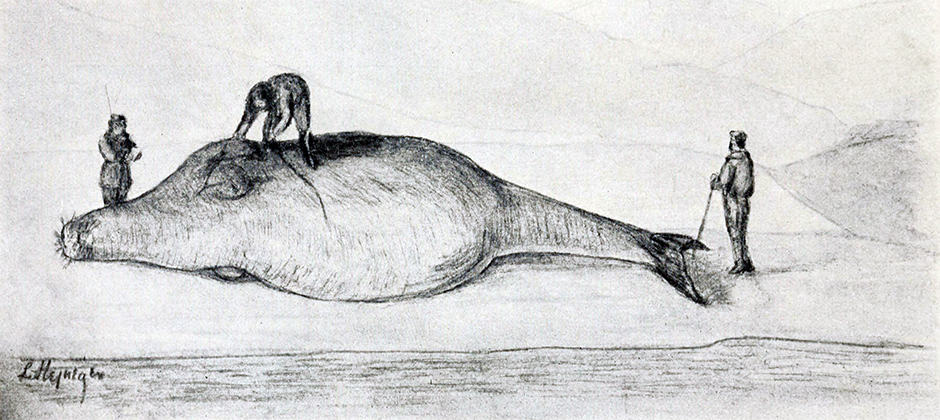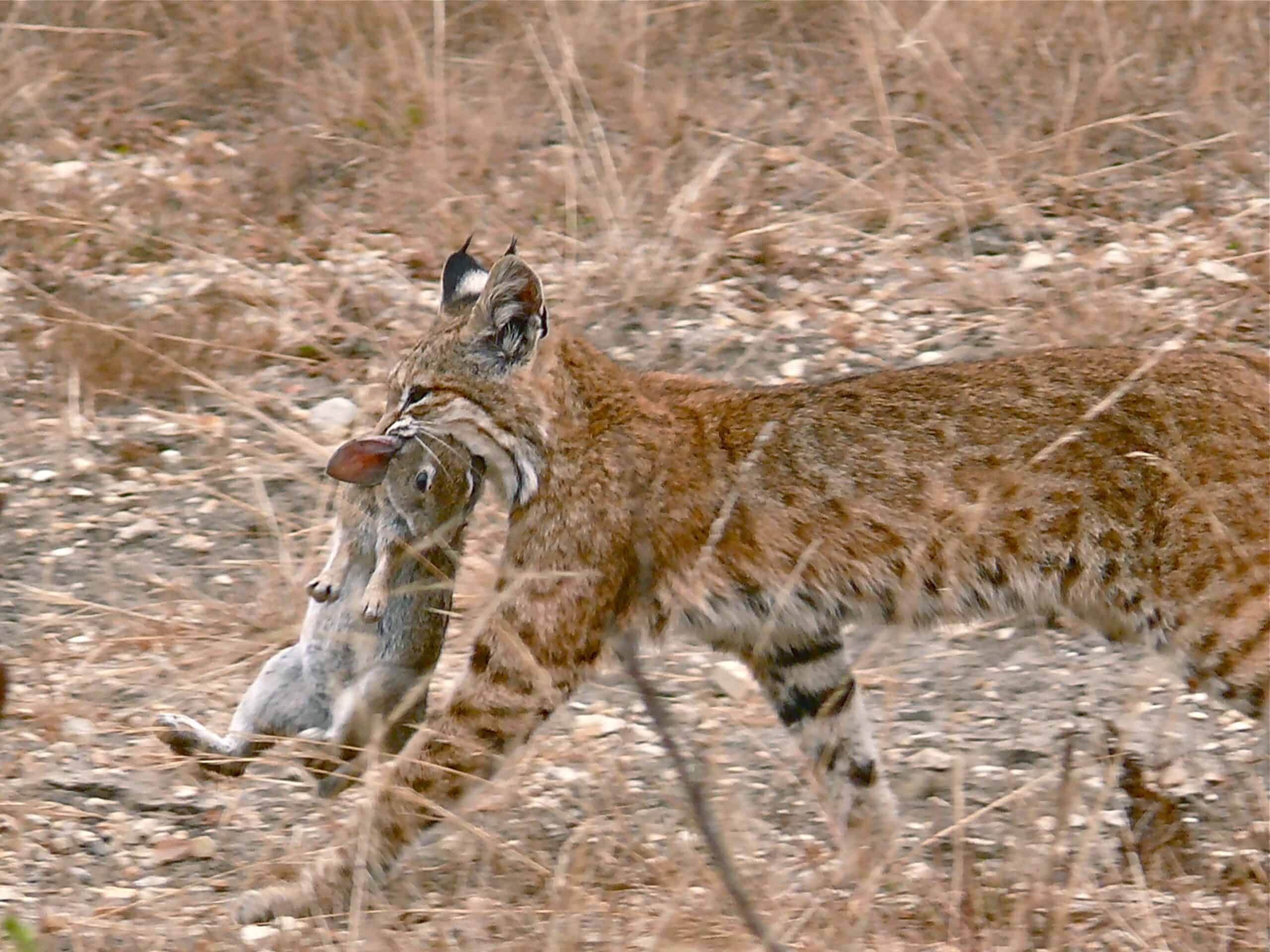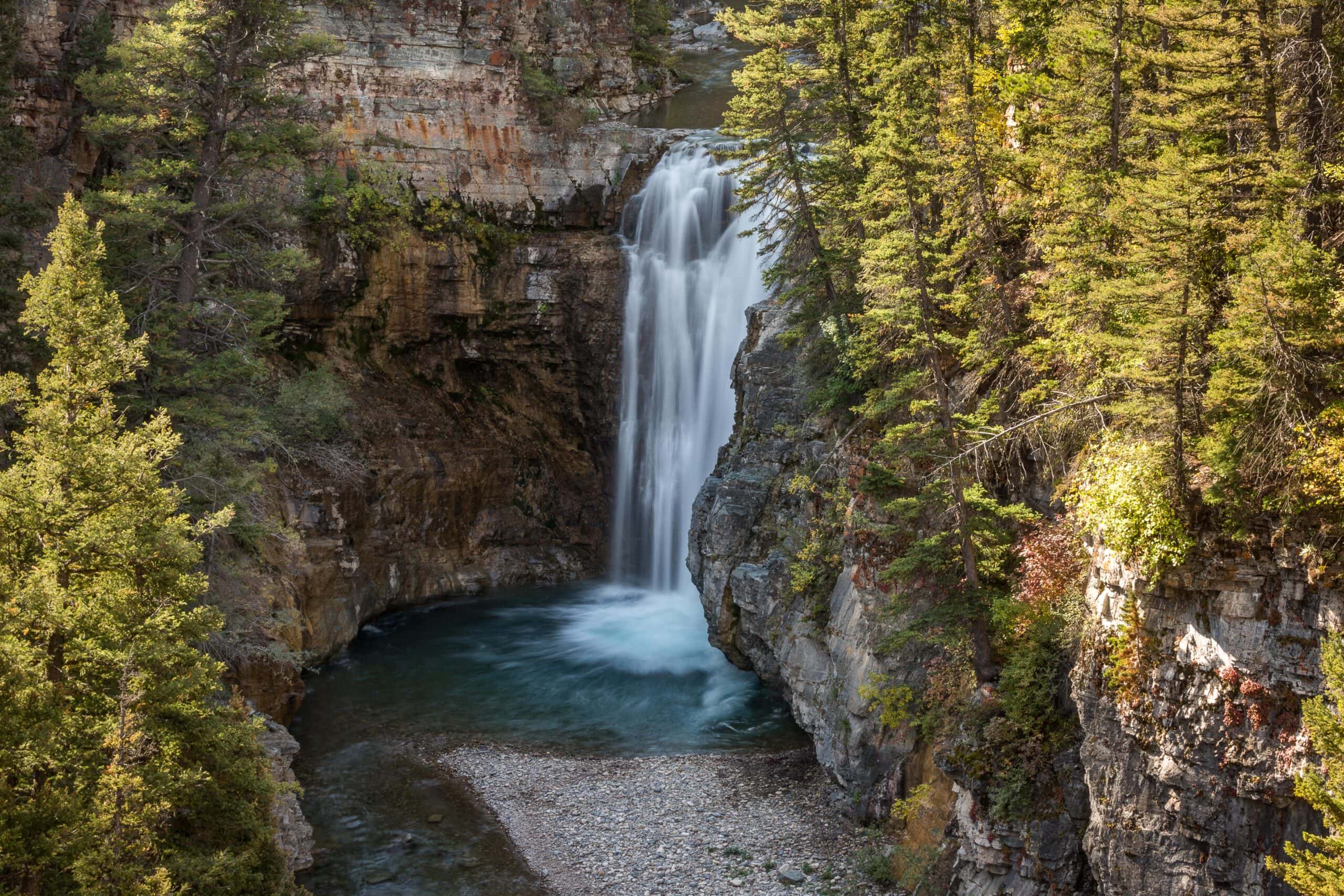Share this article
Could an extinct sea mammal offer lessons for conservation today?
Over 200 years ago, the Steller’s sea cow (Hydrodamalis gigas) swam along the coasts of the northern Pacific, consuming massive amounts of kelp and seaweed. “These animals are very voracious and eat incessantly, and because they are so greedy they keep their heads always under water, without regard to life and safety,” wrote German zoologist Georg Wilhelm Steller.
Their massive appetite may have shaped the region’s coastal ecosystems, researchers argue in a recent study. And the extinction of these manatee relatives may have made the kelp forests less resilient to climate change, offering lessons for conservationists in the future.
“The world we’re living in right now is actually a very young one, because the changes that we’ve driven are not very old,” Peter Roopnarine, a researcher at the California Academy of Sciences and a co-author of the paper published in Frontiers in Ecology and Evolution, told the New York Times. “As we think more and more about preserving and regenerating, we have to take history into account.”
Header Image: This drawing by Leonhard Stejneger shows German zoologist Georg Wilhelm Steller measuring a Steller’s sea cow on Bering Island. Credit: Leonhard Stejneger








